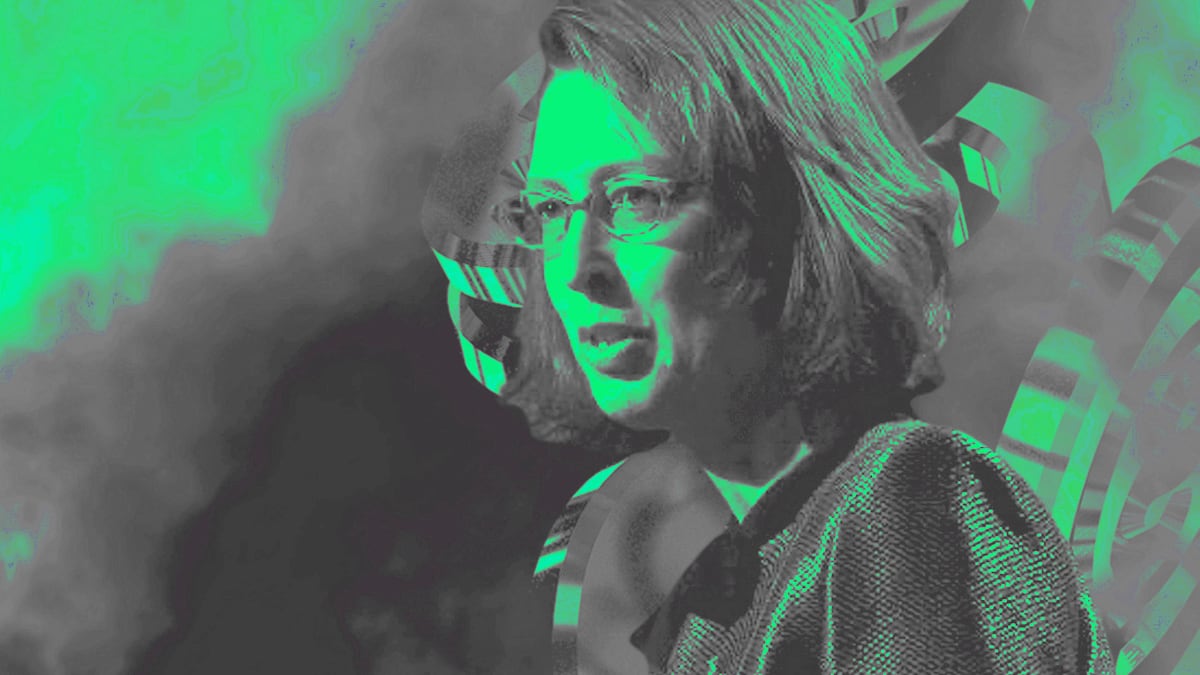Regulatory crackdowns, bankruptcies, and scandals are clobbering the crypto industry. But behind the scenes, finance giants with digital assets teams are quietly snapping up hires and ramping up expansion plans.
Take Fidelity Investments, the world’s third largest investment firm with almost $4 trillion in assets under management. One insider says the company might exceed its targets to hire more than 100 new workers for its digital asset unit from last year to the end of the first quarter.
NOW READ: We compared the ‘unbridgeable chasm’ between Europe and US crypto laws
That pushes the division beyond the 500-person mark. It’s a sign that traditional finance firms are capitalising on a crypto industry in disarray. As crypto companies like exchanges Binance and Coinbase face US legal action amid a veritable graveyard of fallen firms including crypto lender Celsius and exchange FTX, the industry has been shrinking and jobs are harder to come by.
Fidelity’s former head of digital assets Chris Tyrer gave a nod to this phenomena in November, telling Financial News that the hiring market was “more straightforward” after the FTX collapse as demand for crypto hires waned. Tyrer, who earlier this year announced his departure from the firm, also saw a “substantial” uptick in deposits as institutional investors sought what he called “a flight to quality.”
NOW READ: Stablecoins and Binance next in SEC crosshairs after Coinbase warning
Fidelity Chair and CEO Abigail Johnson, whose grandfather founded the firm, has long been a crypto pioneer. Fidelity began building up research and development in digital assets in 2014, and a few years later made waves by allowing Bitcoin payments in the company canteen. Fidelity Digital Assets, an execution and custody services platform, launched in 2018.
Earlier this month, The Block reported that Fidelity Crypto, which offers commission-free Bitcoin and Ether to retail clients, opened to the public.
”There’s been plenty of ups and downs, but I see that as an opportunity,” Johnson said at the Consensus conference last year as the crypto market teetered. “I was raised to be a contrarian thinker, and so I have this knee-jerk reaction: If you believe that the fundamentals of a long-term case are really strong, when everybody else is dipping, that’s the time to double down and go extra hard into it.”
NOW READ: BlackRock’s tokenisation push is just the start — private asset boom may hit $290tn
Investment banks, hedge funds and market makers are also building up their crypto teams. Goldman Sachs has said it’s open to both more crypto hires and bargain acquisitions amid a new crypto ice age.
In a partnership with crypto firm Galaxy Digital, Goldman last year became the first major US bank to trade crypto over the counter — a Bitcoin-linked instrument called a non-deliverable option.
Galaxy CIO Chris Ferraro said earlier this month that traditional institutions are amping up the competition for crypto talent — telling a Morgan Stanley conference that he’s seeing crypto divisions pop up at “every bank, at every custodian, every broker-dealer” along with “big asset management firms investing in the next step.”
A recruiter who asked not to be named discussing clients told DL News that JPMorgan, BNY Mellon, Nomura are also among banks that — either currently or at some point since the collapse of FTX — have “actively” recruited in the space. JPMorgan, BNY Mellon and Nomura declined to comment.
NOW READ: DeFi ‘threat’ drives $1.5B tokenisation boom as Goldman, SocGen eye on-chain bonds
Hedge fund Point72, run by Steve Cohen, made two big name senior hires in the fourth quarter. Brevan Howard’s BH Digital crypto unit has long been seeking and snapping up crypto specialists. Market-making and speed-trading firms including Jump Trading and Amsterdam’s Flow Traders are hiring, as the volatility and relatively wide pricing spreads in crypto markets lure traders chasing returns.
To be sure, companies in every industry often nab hot talent when rivals falter. Hedge funds have benefited from the recent spate of banking layoffs, for example. And crypto-native firms may end up reaping some rewards from the crypto fallout as well, even as they hunker down to preserve cash.
If the recent Bitcoin rally continues, the recruiter told DL News, crypto-native firms may indeed prove competitive in any looming war for talent given the broader wave of layoffs in tech and investment banking.
“The number of software developers who work in crypto has doubled since 2020, and that’s a great predictor, I think, of where the future is going,” Brian Armstrong, CEO of crypto-native exchange Coinbase, said during the company’s fourth-quarter earnings in February.
Still, the symbolism was especially stark this month — just days before global stock exchange Nasdaq announced a plan to provide crypto custody services, Coinbase said it received a notice of a potential lawsuit from the Securities and Exchange Commission.


